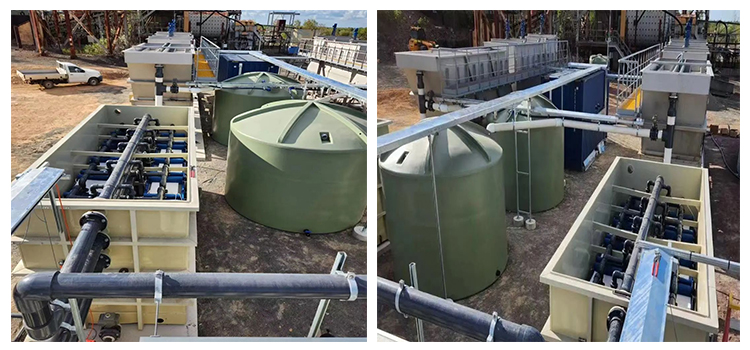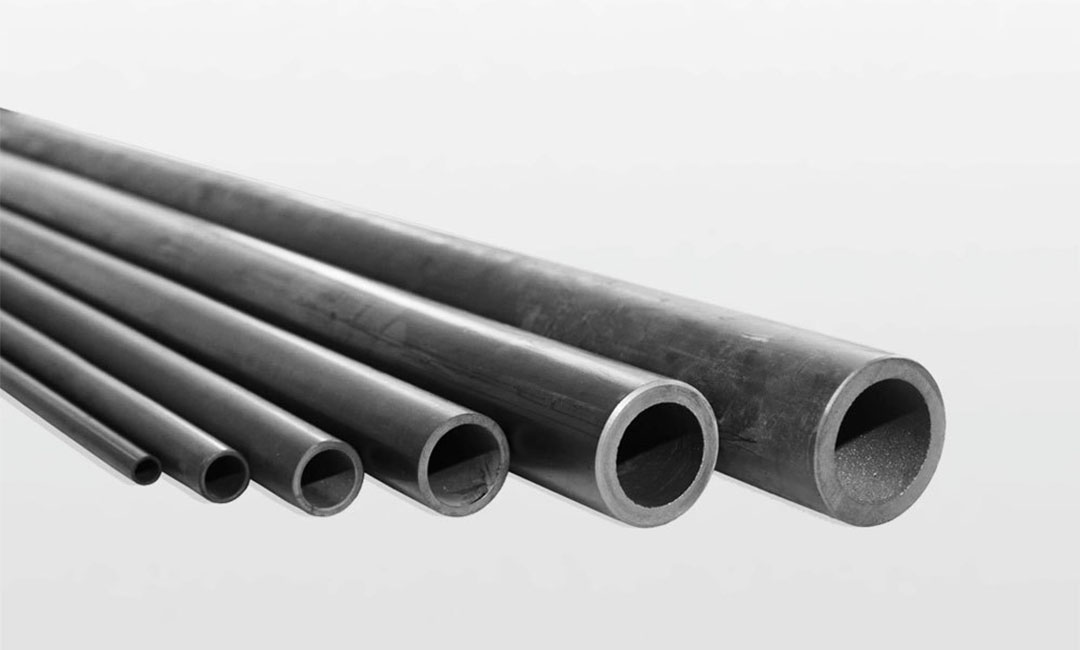Improved Water Quality
Silicon carbide (SiC) membrane filtration systems have become increasingly popular in the water treatment industry due to their numerous benefits. One of the key advantages of using SiC membranes is the significant improvement in water quality that they provide. These membranes are highly efficient at removing contaminants and impurities from water, resulting in cleaner and safer drinking water for communities around the world.
One of the main reasons why SiC membranes are so effective at improving water quality is their high filtration efficiency. SiC membranes have a unique structure that allows them to effectively trap and remove even the smallest particles and impurities from water. This means that water treated with SiC membranes is much cleaner and purer than water treated with traditional filtration methods.
In addition to their high filtration efficiency, SiC membranes are also highly durable and long-lasting. This means that they can continue to provide clean and safe drinking water for many years without needing to be replaced. This durability is especially important in areas where water treatment facilities may be subject to harsh conditions or high levels of contamination.
Another benefit of SiC membrane filtration systems is their ability to operate at high flow rates. This means that they can process large volumes of water quickly and efficiently, making them ideal for use in municipal water treatment plants and other large-scale water treatment facilities. This high flow rate also helps to reduce the energy and resources required to treat water, making SiC membranes a cost-effective and environmentally friendly option for water treatment.

Furthermore, SiC membranes are resistant to fouling and scaling, which are common problems that can reduce the efficiency of traditional filtration systems. This means that SiC membranes require less maintenance and cleaning than other types of membranes, saving time and resources for water treatment operators. Additionally, the resistance to fouling and scaling helps to maintain the high filtration efficiency of SiC membranes over time, ensuring that they continue to provide clean and safe drinking water for years to come.
Overall, the use of SiC membrane filtration systems in water treatment offers a wide range of benefits, with improved water quality being one of the most significant advantages. These membranes are highly efficient at removing contaminants and impurities from water, resulting in cleaner and safer drinking water for communities around the world. Additionally, their high durability, high flow rates, and resistance to fouling and scaling make SiC membranes a cost-effective and environmentally friendly option for water treatment. By investing in SiC membrane filtration systems, water treatment facilities can ensure that they are providing their communities with the highest quality drinking water possible.
Cost Savings
Silicon carbide (SiC) membrane filtration systems have become increasingly popular in the water treatment industry due to their numerous benefits. One of the key advantages of using SiC membrane filtration systems is the cost savings they offer. These systems are known for their long lifespan and low maintenance requirements, which can result in significant cost savings for water treatment facilities.
One of the main reasons why SiC membrane filtration systems are cost-effective is their durability. SiC membranes are highly resistant to fouling, corrosion, and abrasion, which means they can last much longer than traditional membrane filtration systems. This extended lifespan reduces the need for frequent replacements, saving water treatment facilities money on maintenance and replacement costs.
In addition to their durability, SiC membrane filtration systems also require less frequent cleaning compared to other types of membranes. This is due to the unique surface properties of SiC membranes, which prevent particles and contaminants from sticking to the membrane surface. As a result, SiC membranes can operate at higher flux rates for longer periods of time before needing to be cleaned. This not only reduces the amount of cleaning chemicals and labor required but also extends the operational life of the membranes, further reducing maintenance costs.
Furthermore, SiC membrane filtration systems have lower energy consumption compared to other membrane filtration technologies. The high permeability and selectivity of SiC membranes allow for more efficient water treatment processes, which can lead to energy savings for water treatment facilities. By reducing energy consumption, SiC membrane filtration systems can help lower operating costs and improve overall efficiency.
Another cost-saving benefit of SiC membrane filtration systems is their compact design. SiC membranes have a smaller footprint compared to other membrane filtration systems, which means they require less space for installation. This can be particularly advantageous for water treatment facilities with limited space or those looking to expand their operations without investing in additional infrastructure. The compact design of SiC membrane filtration systems can also reduce construction and installation costs, making them a cost-effective option for water treatment facilities of all sizes.
Overall, the cost savings associated with SiC membrane filtration systems make them an attractive option for water treatment facilities looking to improve efficiency and reduce operating costs. From their durability and low maintenance requirements to their energy efficiency and compact design, SiC membrane filtration systems offer a range of benefits that can help water treatment facilities save money in the long run. By investing in SiC membrane filtration systems, water treatment facilities can not only improve the quality of their water treatment processes but also reduce costs and increase overall efficiency.
Environmental Sustainability
Silicon carbide (SiC) membrane filtration systems have emerged as a cutting-edge technology in the field of water treatment. These systems offer a range of benefits that make them a preferred choice for industries and municipalities looking to improve their water treatment processes. In this article, we will explore some of the top benefits of SiC membrane filtration systems in water treatment.
One of the key advantages of SiC membrane filtration systems is their high efficiency in removing contaminants from water. The unique structure of SiC membranes allows for the removal of particles as small as 0.1 microns, making them highly effective in removing bacteria, viruses, and other harmful substances from water. This high level of filtration efficiency ensures that the treated water meets stringent quality standards, making it safe for consumption and other uses.

In addition to their high filtration efficiency, SiC membrane filtration systems also offer excellent durability and longevity. SiC membranes are known for their robustness and resistance to fouling, which can extend the lifespan of the filtration system and reduce maintenance costs. This durability makes SiC membrane filtration systems a cost-effective solution for water treatment, as they require less frequent replacement and maintenance compared to other types of filtration systems.
Another benefit of SiC membrane filtration systems is their energy efficiency. SiC membranes have a low energy requirement for operation, making them an environmentally friendly option for water treatment. By reducing energy consumption, SiC membrane filtration systems help to lower carbon emissions and minimize the environmental impact of water treatment processes. This energy efficiency also translates to cost savings for industries and municipalities, making SiC membrane filtration systems a sustainable and economical choice for water treatment.
Furthermore, SiC membrane filtration systems offer a compact and modular design, making them easy to install and integrate into existing water treatment infrastructure. This flexibility allows for the customization of filtration systems to meet specific water treatment needs, whether for industrial processes or municipal water supply. The modular design of SiC membrane filtration systems also enables easy scalability, allowing for the expansion of water treatment capacity as needed.
In addition to their technical advantages, SiC membrane filtration systems contribute to environmental sustainability by reducing the use of chemicals in water treatment processes. Unlike traditional water treatment methods that rely on chemical additives for disinfection and filtration, SiC membrane filtration systems operate without the need for chemicals, minimizing the release of harmful substances into the environment. This eco-friendly approach to water treatment aligns with global efforts to promote sustainable practices and protect natural resources.
In conclusion, SiC membrane filtration systems offer a range of benefits that make them a superior choice for water treatment applications. From high filtration efficiency and durability to energy efficiency and environmental sustainability, SiC membrane filtration systems provide a comprehensive solution for industries and municipalities seeking to improve their water treatment processes. By investing in SiC membrane filtration systems, organizations can achieve clean and safe water supplies while reducing costs and environmental impact.

